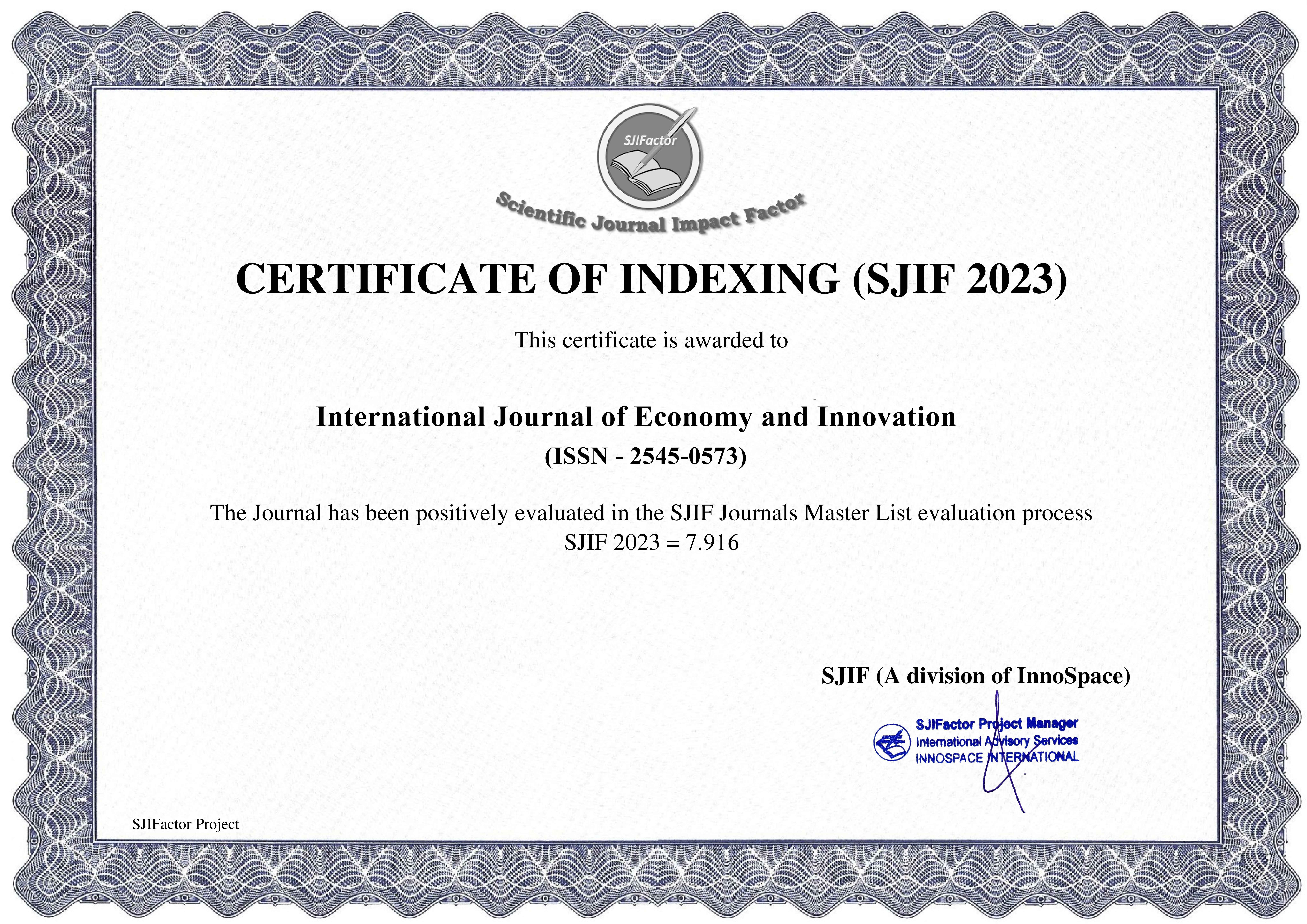EFFECT OF TIVORTIN ON CARDIOMYOCYTE CELLS AND ITS ROLE IN MYOCARDIAL INFARCTION
Keywords:
Chronic myocardial infarction, L-arginine-nitric oxide (NO)Abstract
The L-arginine-nitric oxide (NO) pathway plays an important role in ischemia-reperfusion injury. In the present study we investigated the role of NO-precursor L-arginine on cardiac and pulmonary function after reversible hypothermic ischemia. Twelve anesthetized dogs underwent cardiopulmonary bypass. After 60 minutes of hypothermic cardiac arrest, reperfusion was started with application of either saline vehicle (control, n = 6) or L-arginine (40 mg/kg i.v. bolus then 3 mg/kg i.v. infusion during the first 20 minutes of reperfusion, n = 6). The vasodilative response to acetylcholine was significantly higher in the L-arginine group (P < 0.05). The preload recruitable stroke work of the left ventricle decreased significantly after reperfusion, however remained unchanged in the L-arginine group. Arterial blood gas analysis did not show any difference between the two groups. Plasma L-arginine concentration reached peak level at 20 minutes of administration (675.0 ± 66.6 versus 207.7 ± 14.5 in the L-arginine group, P < 0.05) and returned to baseline at 40 minutes, while in the control group remained unchanged during ischemia and reperfusion (276.2 ± 71.6 versus 283.8 ± 38.5, P < 0.05). Plasma nitrite concentration followed L-arginine changes parallel, however nitrate levels increased slower. Supplementation with L-arginine during reperfusion prevents myocardial and endothelial dysfunction, however does not have any overriding effect on pulmonary function. Considerably rapid elimination of plasma L-arginine was demonstrated during early reperfusion.

















